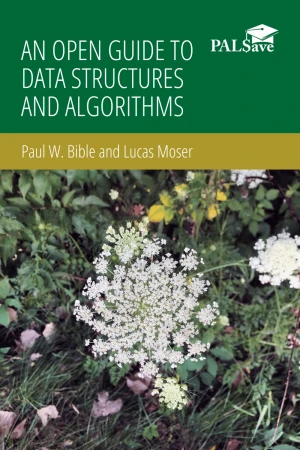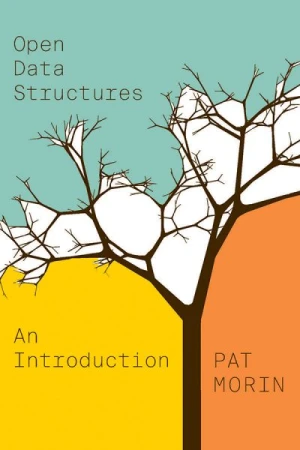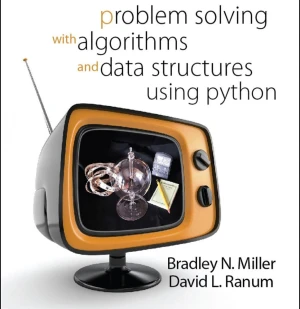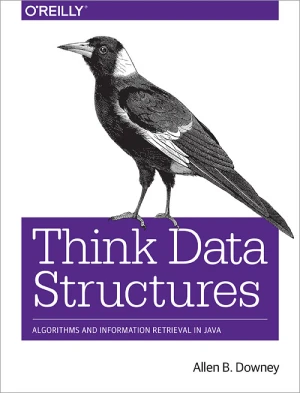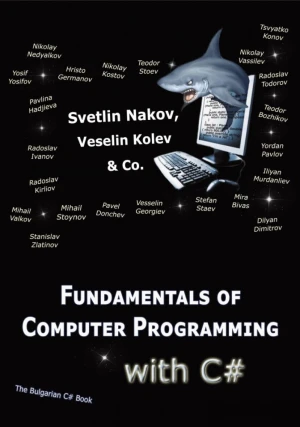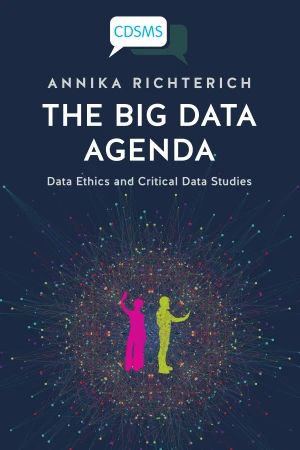Data Structures and Algorithms
Annotated Reference with Examples
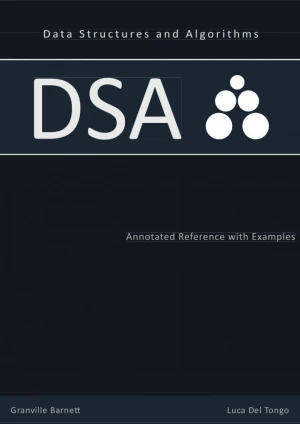
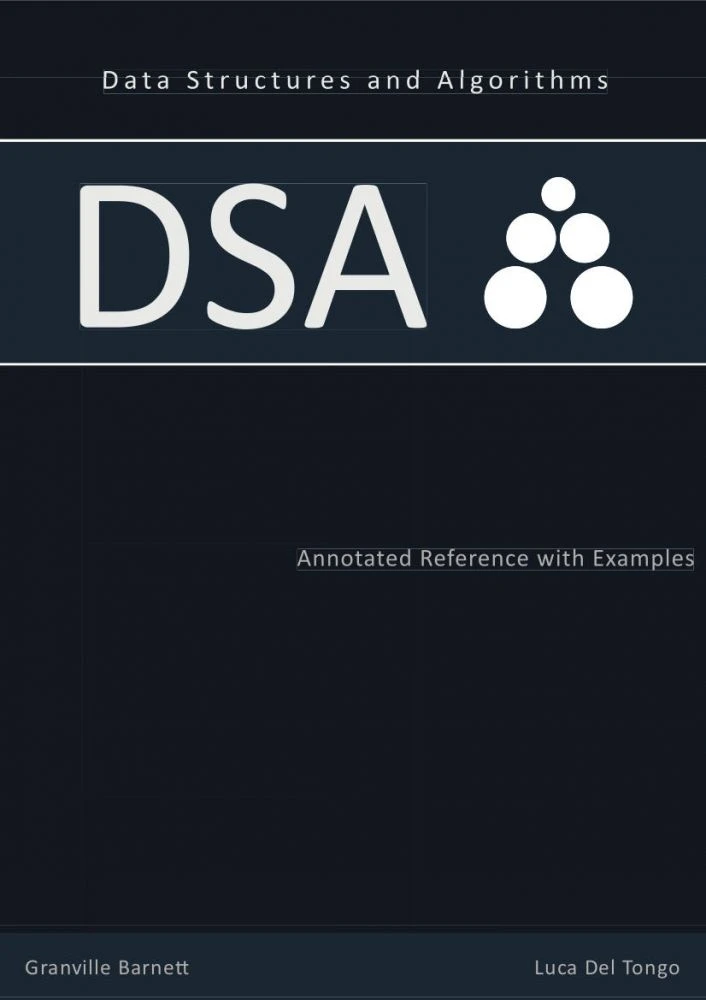
Book Details
| Authors | Granville Barnett, Luca Del Tongo |
| Published | 2008 |
| Edition | 1st |
| Paperback | 111 pages |
| Language | English |
| License | Open Access |
Book Description
This book provides implementations of common and uncommon algorithms in pseudocode which is language independent and provides for easy porting to most imperative programming languages. It is not a definitive book on the theory of data structures and algorithms.
For the most part this book presents implementations devised by the authors themselves based on the concepts by which the respective algorithms are based upon so it is more than possible that our implementations differ from those considered the norm.
You should use this book alongside another on the same subject, but one that contains formal proofs of the algorithms in question. In this book we use the abstract big Oh notation to depict the run time complexity of algorithms so that the book appeals to a larger audience.
Data Structures and Algorithms (DSA) features implementations of data structures and algorithms that are not implemented in any version of .NET. This book is the result of a series of emails sent back and forth between the two authors during the development of a library for the .NET framework of the same name. A key factor of this book and its associated implementations is that all algorithms were designed by us, using the theory of the algorithm in question as a guideline. The book use's pseudo code to describe the solutions that we have created so that it can be easily ported to many imperative OO languages like C#, C++, and Java (amongst others).
This book is published as open-access, which means it is freely available to read, download, and share without restrictions.
If you enjoyed the book and would like to support the author, you can purchase a printed copy (hardcover or paperback) from official retailers.
Download and Read Links
Share this Book
[localhost]# find . -name "*Similar_Books*"
An Open Guide to Data Structures and Algorithms
Data encountered in a computer program is classified by type. Common types include integers, floating point numbers, Boolean values, and characters. Data structures are a means of aggregating many of these scalar values into a larger collection of values. An algorithm is an explicit sequence of instructions, performed on data, to accomplish a desir
Open Data Structures
Offered as an introduction to the field of data structures and algorithms, Open Data Structures covers the implementation and analysis of data structures for sequences (lists), queues, priority queues, unordered dictionaries, ordered dictionaries, and graphs. Focusing on a mathematically rigorous approach that is fast, practical, and efficient, Mor
Problem Solving with Algorithms and Data Structures, 3rd Edition
The study of algorithms and data structures is central to understanding what computer science is all about. Learning computer science is not unlike learning any other type of difficult subject matter. The only way to be successful is through deliberate and incremental exposure to the fundamental ideas. A beginning computer scientist needs practice
Think Data Structures
If you're a student studying computer science or a software developer preparing for technical interviews, this practical book will help you learn and review some of the most important ideas in software engineering - data structures and algorithms - in a way that's clearer, more concise, and more engaging than other materials. By emphasizing practic
Fundamentals of Computer Programming with C#
This open book aims to provide novice programmers solid foundation of basic knowledge regardless of the programming language. This book covers the fundamentals of programming that have not changed significantly over the last 10 years. Educational content was developed by an authoritative author team led by Svetlin Nakov from the Software University
The Big Data Agenda
This book highlights that the capacity for gathering, analysing, and utilising vast amounts of digital (user) data raises significant ethical issues. Annika Richterich provides a systematic contemporary overview of the field of critical data studies that reflects on practices of digital data collection and analysis. The book assesses in detail one

